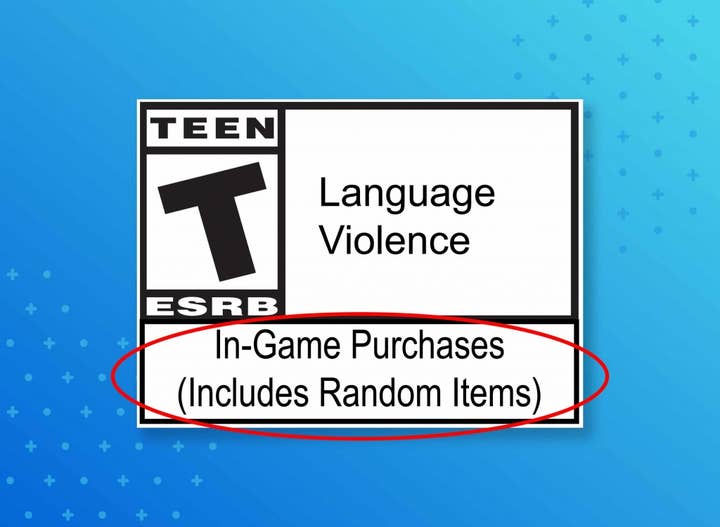ESRB intros new label for loot boxes
"In-Game Purchases (Includes Random Items)" designation created in response to concerns of players, not parents
The ESRB today introduced a new ratings designation to indicate when a game has randomized elements among its in-game purchases.
The new designation, or "interactive element" as the rating board calls it, will be assigned to any title with an in-game offer to spend real money on something when players won't know exactly what they'll receive for their money.
While the move is clearly targeted at loot boxes, the phrasing is intended to cover card packs, prize wheels, and other such mechanics.
This is the ESRB's second time adapting its system due to criticism of loot boxes and other randomized monetization. The group's first attempt to address concerns came a little over two years ago, when it introduced a designation that a game features in-game purchases.
The ESRB said in its announcement that this second move has been made primarily in response to feedback from players, not from parents.
"According to research, parents are far more concerned about their child's ability to spend real money in games than the fact that those in-game purchases may be randomized," the group said. "This data helped to inform the introduction of the In-Game Purchases Interactive Element. That being said, since adding the In-Game Purchases notice to ratings assigned to physical games many game consumers and enthusiasts (not necessarily parents) have reached out to us asking the ESRB to include additional information to identify games that include randomized purchases."

